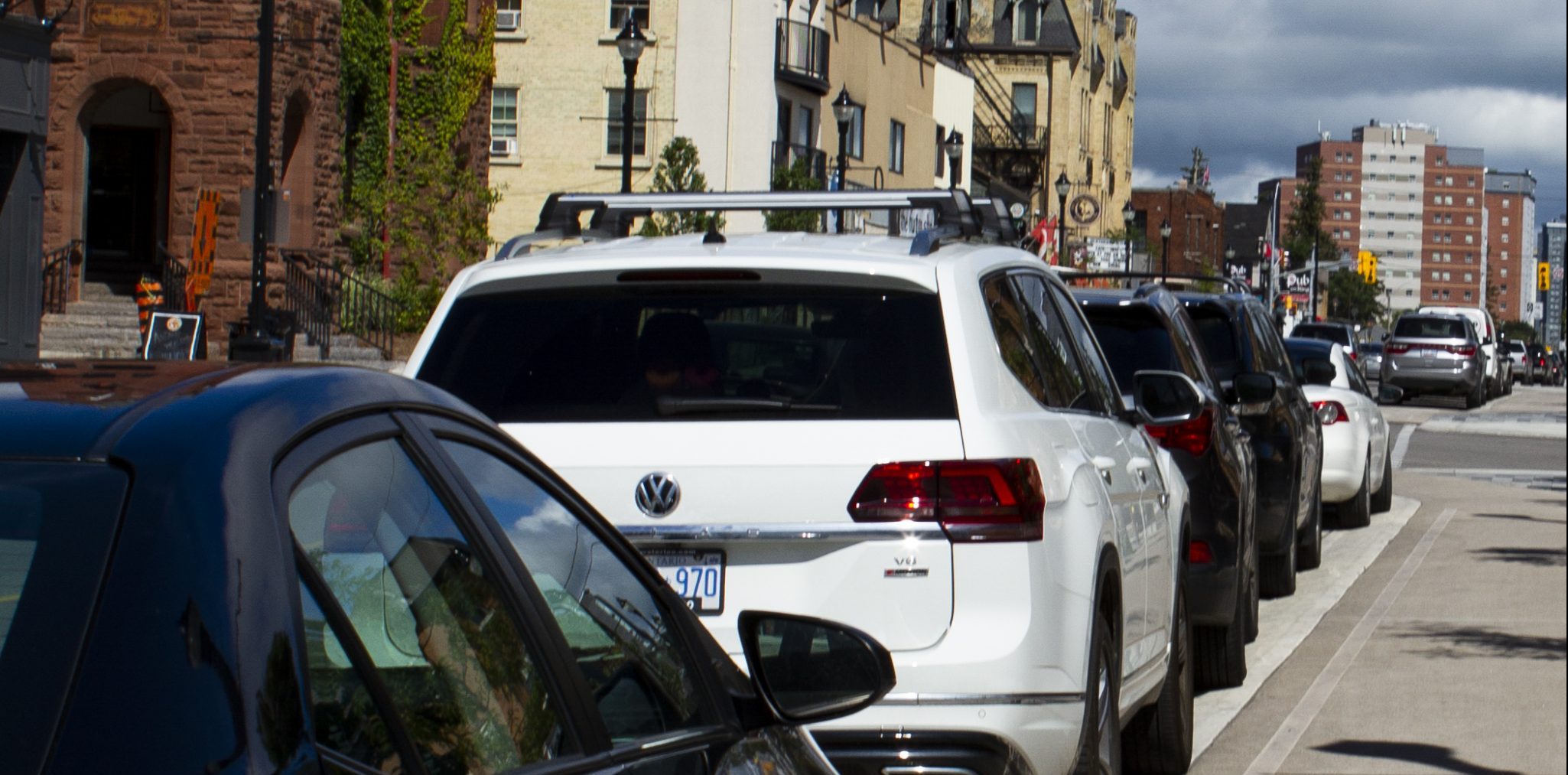New distracted driving and DUI laws in 2019 bring together over 200 activities


The start of 2019 has brought about substantial changes with regard to laws, regulations and fines with regard to distracted and impaired driving.
In order to combat and deter individuals, even more, to refrain from texting and driving as well as driving under the influence, these new laws involve license suspensions and higher fines to pay.
Mike Hinsperger, staff sergeant of Waterloo Regional Police Services (WRPS) traffic services, explained that the new distracted driving legislation came into effect Jan. 1, 2019.
“It’s now a max fine for a single, first-time offence for a cell phone violation of $1000 and then in addition to that, a second fine is $2000 and a third subsequent fine is $3000,” Hinsperger said.
Along with these fines come a court-convicted licence suspension.
“Court would issue a three-day suspension for conviction for a first-time cellphone use infraction, a second-time within two years of conviction would be a seven-day suspension and a third time within two years would be a 30 day suspension and anything after three convictions would be an additional 30 days,” Hinsperger said.
The license suspension as a result of a distracted driving fine would be issued in court, and not administered by the officer when stopped roadside.
“A lot of people who are tempted to use their cellphones and other electronic devices … will put it in a bag in the back seat … and just forget about it until you stop,” Hinsperger said.
“We don’t need suspicion of consumption of alcohol. Prior to Dec. 18, we would need some sort of suspicion that someone had consumed alcohol … [such as] the person’s breath … anything like that where the person provides some sort of suspicion to the officer that they had been drinking. It’s a pretty substantial change,” Hinsperger said.
There are times when drivers can use electronic devices. For example, if a driver is lawfully pulled over on the side of the road and is fully stopped, a driver can legally use their phone in their car.
“There’s three conditions that can go with that … you’re pulled over and lawfully parked, you’re off the roadway, and you’re not interfering with traffic flow,” Hinsperger said.
As well, some other exemptions would be using a GPS that is mounted in the vehicle. If the electronic device is mounted and therefore can’t move while the car is in motion, a driver can lawfully turn it on and off and activate the device.
“The key with all of these is that they have to be physically mounted in the car so that they can’t move while the car is in motion,” Hinsperger said.
In addition, as of Dec. 18, 2018, new laws have come into place surrounding impaired driving charges.
“Probably one of the biggest changes with the impaired driving piece is the new mandatory for alcohol screening section,” Hinsperger said.
With this new legislation, officers can arbitrarily stop any vehicle on the road and make a lawful demand for a breath sample to test for alcohol.
“We don’t need suspicion of consumption of alcohol. Prior to Dec. 18, we would need some sort of suspicion that someone had consumed alcohol … [such as] the person’s breath … anything like that where the person provides some sort of suspicion to the officer that they had been drinking. It’s a pretty substantial change,” Hinsperger said.
Another significant change goes along with any individual’s refusal to provide a breath sample.
“One of the biggest changes that came into effect was the refusal to provide a breathe sample which now holds the same sentence on conviction as the highest blood alcohol amount if a person is convicted in an elevated amount of alcohol in their system at the time of the offence,” Hinsperger said.


